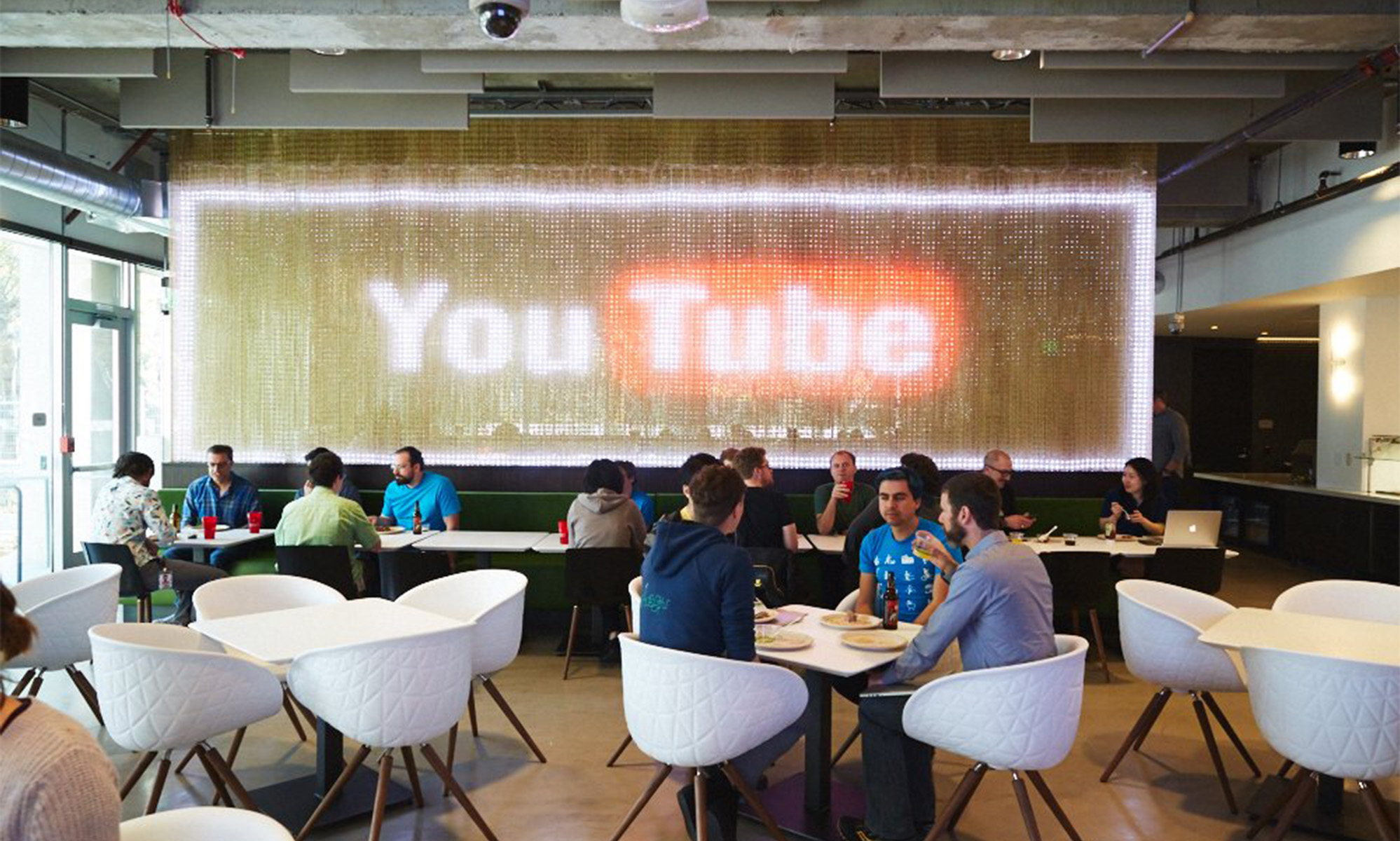The market gave a mixed response to the first-quarter results that Alphabet (GOOG 0.80%) (GOOGL 0.80%) reported after the bell on Tuesday. While the company beat estimates on the top and bottom lines, its stock fell Wednesday before getting a bump in sympathy with rival Meta Platforms on Thursday.
It's no secret that Alphabet is at a crossroads. The public release of ChatGPT last November has presented the stiffest challenges to Google Search ever. At the same time, the company is struggling with an economic downturn that has hit digital advertising spending hard. The chart below shows how Alphabet's growth has stalled, as the vast majority of its revenue still comes from advertising.

Image source: Alphabet.
As you can see, Alphabet's revenue grew by just 2.6% in the quarter, and on a constant-currency basis, revenue growth actually decelerated from the fourth quarter to 6% even as revenue growth for its big tech peers like Microsoft, Meta Platforms, and Amazon accelerated. Additionally, Alphabet's profits continue to fall, as its double-digit decline in operating income shows. Its previously announced layoffs should help it improve profitability over the rest of the year.
It's worth noting, though, that Alphabet trades at a discount to peers like Microsoft, Apple, Amazon, and even Meta. This implies that there's room for multiple expansion if the company could overcome those two aforementioned difficulties.

NASDAQ: GOOGL
Key Data Points
1. Reaccelerating advertising growth
Reports from Meta, Snap, Pinterest, and Roku confirm that Alphabet isn't the only one feeling the pinch of the advertising sales slowdown. After a boom in digital advertising during the pandemic, brands are pumping the brakes as they seek to cut expenses and prepare for a recession.
Alphabet's growth should eventually reaccelerate once the economy is stronger, but there's another concern here. The digital ad market is maturing, and Alphabet's growth is likely to remain below the 20% to 30% rate that investors were used to before the recent slowdown.
In search, for example, the company brought in $162 billion in revenue last year, so 20% growth would necessitate attracting an additional $32 billion in ad sales.
Alphabet said that paid clicks grew by 8% in the first quarter, but cost-per-click was down 7%, a reflection of lower demand for ads. The growth in search volume is a good sign, and forecasts call for the search market to continue to grow. As the chart below shows, Statista expects annualized growth of about 10% in the search market over the next few years.

Image source: Statista.
Assuming that's accurate, investors should expect a more moderate growth rate from Google Search over the long run even as it recovers from the current ad sales slowdown.
2. Fending off the AI threat
The other factor weighing on Alphabet stock is the threat from OpenAI's ChatGPT and Microsoft's updated Bing search platform, which is now powered by ChatGPT's technology. Alphabet has released its own competitor, Bard AI, but based on the early reviews, ChatGPT is the better technology, providing more comprehensive answers than Bard.
Chatbot-based search is likely to be a winner-take-all market much like conventional search has been for Google, so it's crucial for Alphabet to compete aggressively. The company has spent years on artificial intelligence (AI) research and has developed formidable large language models. However, it made an odd choice with its first deployment of Bard as the company built it on a "lightweight" version of LaMDA, one of its large language models.
Alphabet CEO Sundar Pichai said the company plans to upgrade it to PaLM, a more capable model, but by publicly releasing a weaker chatbot than ChatGPT, Alphabet took a hit in the reputational battle with OpenAI and Microsoft. Once people decide one product is better than another, those beliefs can become entrenched and difficult to change.
It's still very early in the new AI race, but Alphabet has a lot of work to do to neutralize ChatGPT's first-mover advantage. Doing so could unlock a big leg up for the stock, however, especially if the market believes Alphabet can dominate the next era of search.
The good news is that Alphabet's first quarter didn't reflect an impact from ChatGPT, which gives it a bit more time to revamp its strategy and its own competing products.






